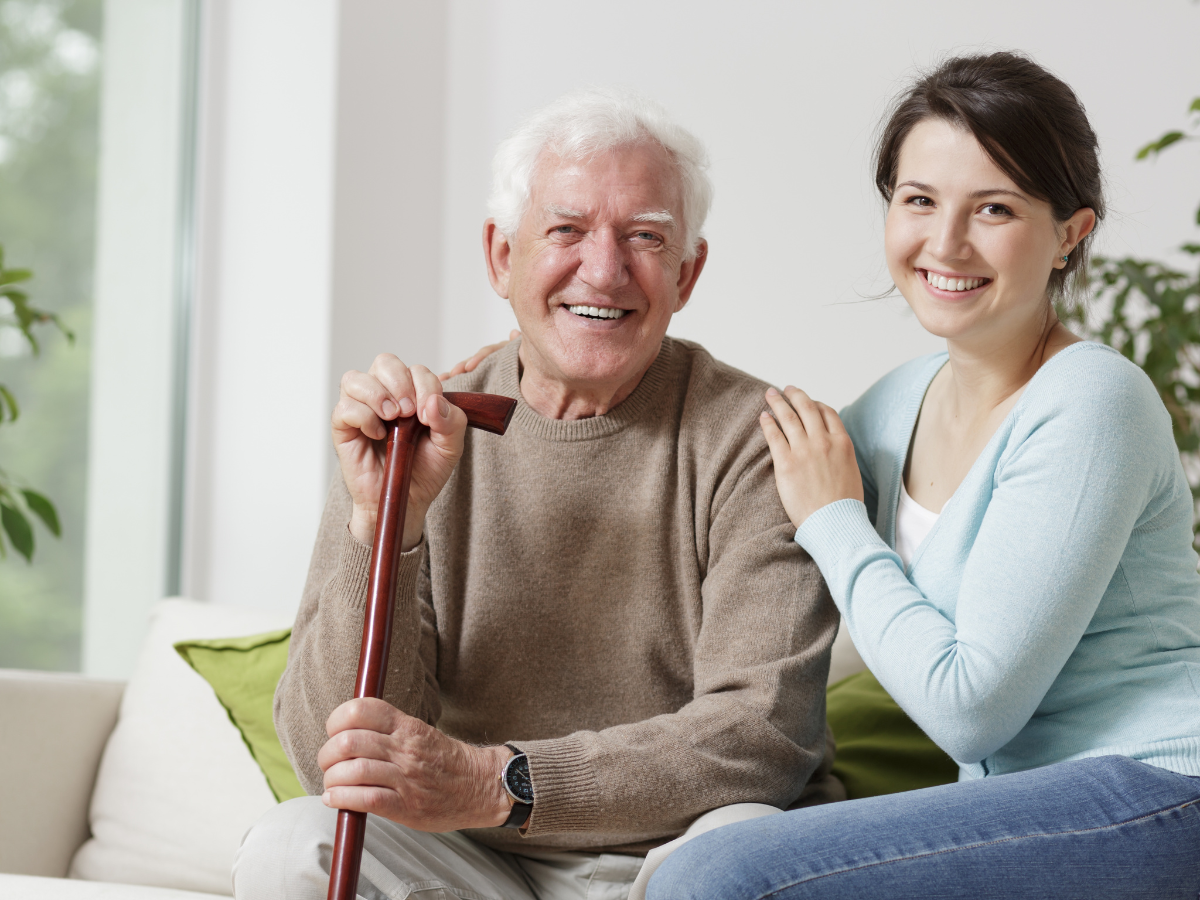Pressure Ulcers in Elderly Patients

Pressure ulcers, also known as bed sores or pressure injuries, are a common problem in elderly patients. Unfortunately, many people don’t know much about them and aren’t sure how to prevent them from developing.
This blog post will discuss the basics of pressure ulcers, including their causes and prevention methods. We will also touch on the treatment options for those who develop them. Read on to learn more!
What are pressure ulcers, and who is at risk for developing them?
Pressure ulcers, also known as bedsores or decubitus ulcers, are skin areas that break down when too much pressure is applied for too long. This can occur when a person is confined to a bed or wheelchair. The body’s weight pressing against the mattress or seat can cut off circulation to the area and cause the tissue to break down. People with limited mobility or who cannot shift their weight independently are at the highest risk of developing pressure ulcers.
However, even healthy people can develop them if they are immobilized for a prolonged period, such as after an accident or surgery. Pressure ulcers can be painful and lead to severe infections, so it is essential to try to prevent them by regularly moving and changing positions. If you cannot do this on your own, make sure to ask for help from a caregiver or medical professional.
How do health care professionals prevent and treat pressure ulcers in elderly patients?
Pressure ulcers, also known as bedsores, are a common problem among elderly patients.
There are several ways to prevent pressure ulcers. First, it is crucial to keep the skin clean and dry. Second, elderly patients should be moved frequently to avoid prolonged pressure on one body area. Third, special mattresses and cushioning can be used to reduce pressure on vulnerable areas of the body. Finally, health care professionals should monitor elderly patients closely for signs of early skin breakdown.
If a pressure ulcer does develop, there are several ways to treat it. The goal of treatment is to relieve pressure on the affected area and promote healing. This may involve using special dressings or Band-Aids®. Surgery may sometimes be necessary to remove dead tissue or repair deep wounds. With proper treatment, most pressure ulcers will heal within a few weeks. However, some ulcers can take months or even years to heal completely.
What are some common misconceptions about pressure ulcers that people have?
Pressure ulcers, decubitus ulcers, or bedsores are common yet often misunderstood problems. Many people believe that pressure ulcers are only a concern for bedridden patients. Still, in reality, anyone can be at risk. For example, people who sit in the same position for long periods or have impaired circulation are also susceptible to developing pressure ulcers. Contrary to popular belief, pressure ulcers are not caused by friction or rubbing; instead, they occur when there is prolonged pressure on an area of the body, cutting off blood flow to the affected tissue. If left untreated, pressure ulcers can lead to serious health complications such as infection or bone disease. Therefore, it is crucial to be aware of the risks and to seek treatment if you develop any signs or symptoms of a pressure ulcer.
How can family members help their elderly loved ones to prevent pressure ulcers from developing in the first place?"
One way to prevent pressure ulcers is to avoid sitting or lying in the same position for too long. This can be a challenge for elderly loved ones who may not be able to move around as quickly as they used to. However, family members can help by ensuring that their loved ones take frequent breaks by walking around the house or getting up and moving every few hours. It’s also essential to keep the skin clean and dry, as moisture can irritate the skin and make it more susceptible to pressure ulcers. Family members can help by ensuring their loved ones bathe regularly and applying lotion to dry skin areas.
Finally, it’s essential to watch for early signs of pressure ulcers, such as redness or tenderness on the skin. Family members should contact a healthcare provider immediately if these signs are noticed. By taking these steps, family members can help their elderly loved ones to avoid pressure ulcers.
Thank you for reading
References
- (2021, August 8). Hopkinsmedicine.org. https://www.hopkinsmedicine.org/health/conditions-and-